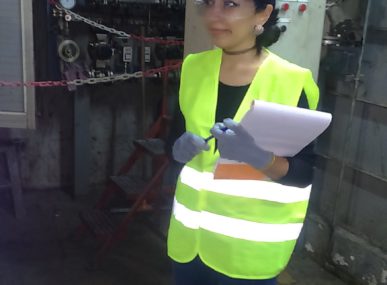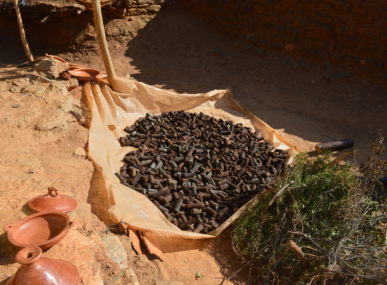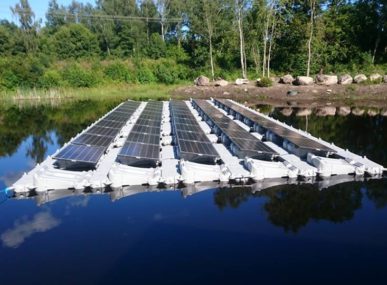Creating energy-efficient buildings in Lebanon:
According to Rafeii, it takes both active and passive measures to make a property more energy efficient. Take, for example, the Social Services Medical Center in Tripoli where Rafeii’s team performed an energy audit which helped the facility decrease its energy use by 40% using a combination of active and passive measures. Passive sustainable practices involve methods such as insulating windows, while active measures include updating heating, ventilation, and air conditioning (HVAC) systems and installing light sensors in corridors.
tadbir’s clients are also typically owners of schools, restaurants, and residences — any facility that wants to decrease its consumption of energy and be better for the environment. The firm is also working with a local elementary and secondary school where they are using solar panels to reduce energy loads by up to 80%. “Schools are easier than hospitals,” Rafeii remarks. “They have a schedule and we can apply more efficient solutions like daylight harvesting by relying on natural light rather than overhead, artificial sources.”
Making energy management affordable:
Sustainability consulting comes at a cost, and one of tadbir’s goals is to make this service accessible and affordable for businesses of all sizes. They do this through a unique outsourcing strategy: working with a pool of 15 mechanical engineers who each take on several of tadbir’s clients as side projects. Properties are then able to benefit from the expertise of an engineer without having to fully hire one themselves. As a result, tadbir is able to offer project prices that are much lower than if a firm were hired to work on that project alone.
Another way tadbir keeps their services affordable is by working closely with staff at the facilities that contract them. In the case of the elementary and secondary-school client, Rafeii designed the solar panels and mapped the system, but worked with the school’s technicians to do the installations. This, he says, makes the energy saving system much more flexible and sustainable over the long term.
When possible, Rafeii and his engineers buy supplies locally, from solar panels to batteries to cables. Purchasing from the local market comes at a fraction of what it would cost to have those same materials shipped and imported to Lebanon.
The next generation of energy engineers:
While tadbir does not offer full-time work to its pool of engineers, it does offer a chance for young professionals to gain valuable project experience. Most of tadbir’s engineering pool includes experts in their 20s who need more project experience to get an edge in a saturated engineering market.





